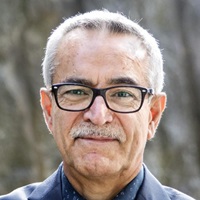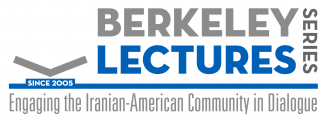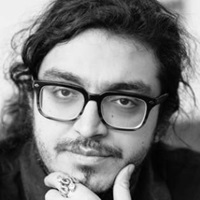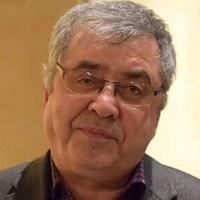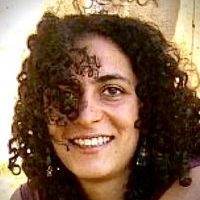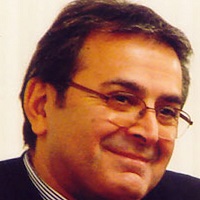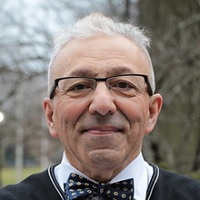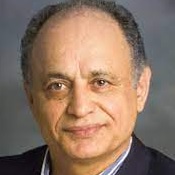
Kazem Alamdari, received his Ph. D. in sociology from the University of Illinois, Champaign-Urban, his MA in Educational Administration from Illinois State University, and his BS from the University of Tehran in Psychology. He has taught at various universities, including UCLA, CSULA, and CSUN. Alamdari has published Ten books and numerous articles in English and Persian, including:
1. Civil Society: Theories, Contexts, and Experiences, 2015;
2. Why the Reform Failed: A Critical Study of the Eight Year Reform Era in Iran: 1997-2005, 2008;
3. Why the Middle East Lagged Behind: The Case of Iran 2004;
4. The Global Crisis: A Critique of the Clash of Civilizations and Dialogue Among Civilizations, 2003; and
5. a best seller that reached to 19th edition Why Iran Lagged Behind and the West Moved Forward, 2000 – 2014.
His latest articles include: “Global Civil-Society Movements: What the World Social Forum Can Do to Change the World’s Situation,” Sociology and Criminology, 2014, 2:2. His article “Religion and Development Revisited: Comparing Islam and Christianity with Reference to the Case of Iran,” in the Journal of Developing Societies, London: Sage, Vol 20 (1-2), has been one of “The 50 Most-Frequently-Read Articles” in five years, reaching number 2 in January 2005. Alamdari was the recipient of a fellowship from the Japan Society for Promotion of Science (JSPS) in Japan, Kyushu University in 1997. As a public intellectual, he is frequently featured in the media and presents lectures at national and international conferences in different parts of the world.
